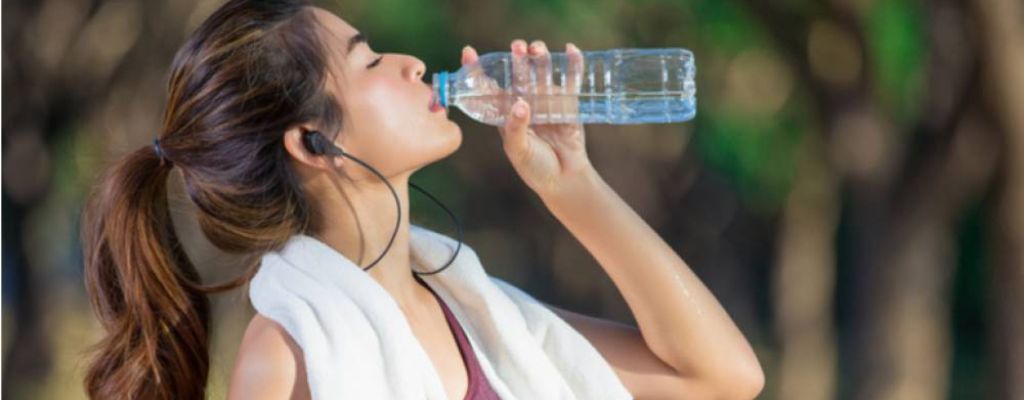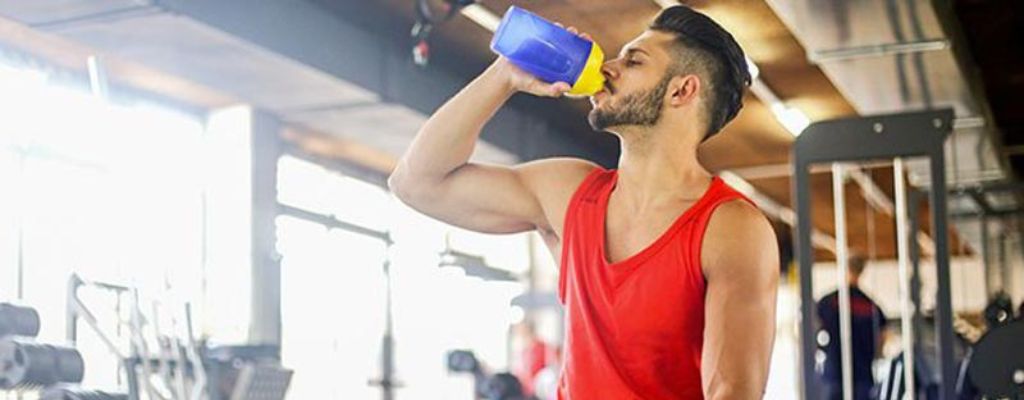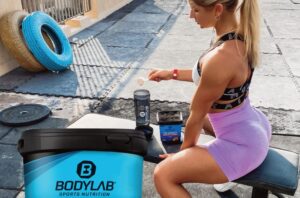How Much Water Do You Really Need When You Hit the Gym?
Introduction: Staying hydrated is essential for overall health, especially when engaging in physical activity like hitting the gym. But how much water do you really need to drink before, during, and after your workout? In this blog, we’ll explore the importance of hydration during exercise, factors that influence water needs, and practical tips for staying adequately hydrated at the gym.

1. Understanding the Importance of Hydration: Water plays a crucial role in regulating body temperature, lubricating joints, delivering nutrients to cells, and removing waste products from the body. During exercise, the body loses water through sweat, which can lead to dehydration if not replenished. Dehydration can impair physical performance, decrease energy levels, and increase the risk of heat-related illnesses like heat exhaustion and heatstroke. Therefore, maintaining proper hydration is essential for optimizing athletic performance and ensuring safety during workouts.
2. Factors Influencing Water Needs: Several factors influence an individual’s water needs during exercise, including the intensity and duration of the workout, environmental conditions, sweat rate, and individual differences in body size, metabolism, and sweat composition. As a general rule of thumb, the American Council on Exercise (ACE) recommends drinking 17 to 20 ounces of water two to three hours before exercise, 8 ounces of water 20 to 30 minutes before exercise, and 7 to 10 ounces of water every 10 to 20 minutes during exercise, depending on factors like sweat rate and exercise intensity.
3. Tailoring Hydration Strategies to Your Workout: The type of exercise you engage in can also influence your hydration needs. For example, endurance athletes participating in prolonged, high-intensity activities may need to consume more fluids to compensate for higher sweat losses compared to individuals engaging in shorter, less intense workouts. Additionally, exercising in hot and humid conditions can increase sweat rates and fluid losses, requiring greater attention to hydration. Therefore, it’s essential to tailor your hydration strategies to the specific demands of your workout and environment.
4. Signs of Dehydration and Overhydration: Recognizing the signs of dehydration and overhydration is crucial for maintaining proper fluid balance during exercise. Symptoms of dehydration include increased thirst, dry mouth, dark-colored urine, headache, fatigue, dizziness, and reduced urine output. On the other hand, overhydration, or hyponatremia, occurs when the body’s sodium levels become diluted, leading to symptoms such as nausea, vomiting, headache, confusion, and swelling. To avoid dehydration or overhydration, listen to your body’s signals, drink water consistently throughout your workout, and adjust your fluid intake based on your individual needs and sweat rate.
5. Practical Tips for Staying Hydrated at the Gym: To ensure you’re adequately hydrated during your gym sessions, consider the following practical tips:
- Drink water consistently throughout the day, not just during your workout, to maintain optimal hydration levels.
- Monitor your urine color to gauge your hydration status. Aim for pale yellow urine, indicating adequate hydration.
- Bring a reusable water bottle to the gym and sip water regularly during your workout.
- Consider hydrating with a sports drink containing electrolytes if engaging in prolonged or intense exercise lasting longer than 60 minutes.
- Eat water-rich foods like fruits and vegetables, which can contribute to your overall fluid intake.
- Pay attention to environmental factors like temperature and humidity, as these can affect your fluid needs during exercise.

Conclusion: In conclusion, proper hydration is essential for optimizing performance, preventing dehydration, and ensuring safety during workouts. By understanding the importance of hydration, tailoring your fluid intake to your workout demands, recognizing signs of dehydration and overhydration, and implementing practical hydration strategies, you can stay adequately hydrated when hitting the gym. Remember to listen to your body, drink water consistently throughout the day, and adjust your fluid intake based on factors like exercise intensity, duration, and environmental conditions. With these guidelines in mind, you can maintain optimal hydration levels and support your fitness goals effectively.




